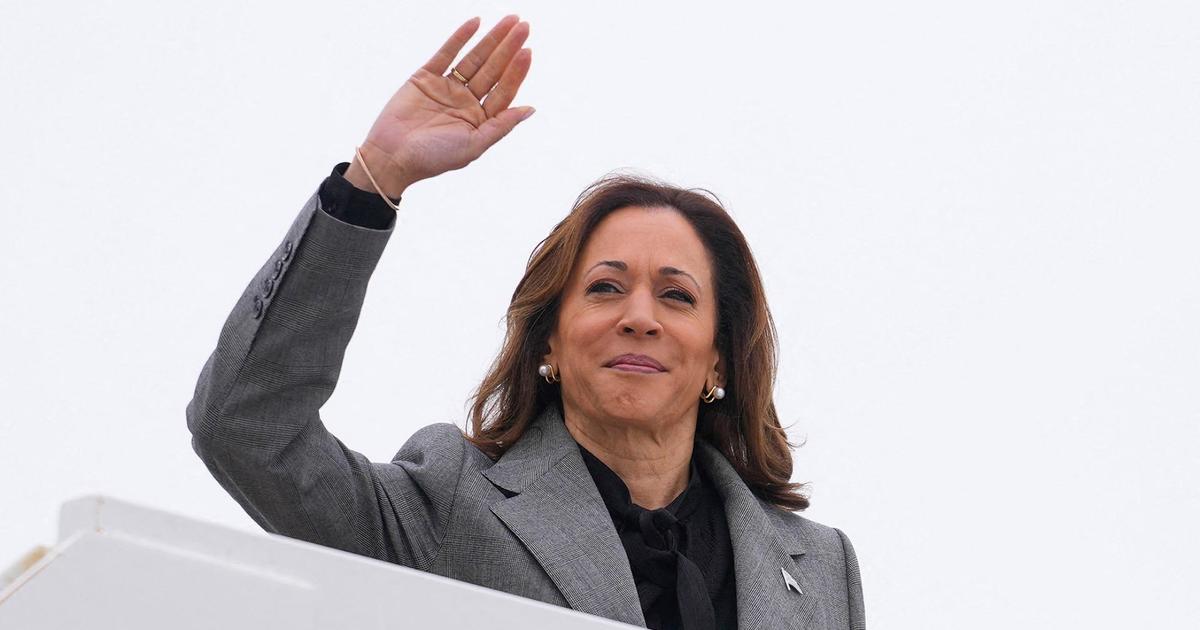Vice President Kamala Harris is garnering a groundswell of support from Black women voters, particularly due to her advocacy on key health care issues such as maternal mortality, reproductive rights, and gun control. This surge in enthusiasm among Black women voters could prove pivotal for Democratic turnout in critical battleground states.
Black women have historically been a cornerstone of the Democratic base, playing crucial roles in the election victories of former President Barack Obama in 2008 and 2012. The same enthusiasm was evident in support for President Joe Biden in 2020. However, as Biden exited the 2024 race and Harris emerged as the Democratic nominee, his support among this key demographic had been waning, potentially dampening turnout in swing states.
Recent polling data indicates a significant increase in Black voters’ support for the Democratic ticket. In July, before Biden withdrew from the race, 64% of Black voters backed him, according to the Pew Research Center. By August, 77% of Black voters expressed support for Harris, signaling a shift in momentum within the community.
The heightened support from Black women voters, especially in rural areas of states like Georgia, North Carolina, and Pennsylvania, could play a decisive role in propelling Harris to victory. Polling data suggests that support for Harris, particularly among Black women, has surged since Biden’s departure from the race.
Holli Holliday, a lawyer in the Washington, D.C. area and president of Sisters Lead Sisters Vote, described the current situation as a “renaissance” for Black women voters. Collaborating with a collective of Black women organizations, there is a concerted effort to mobilize and energize the community like never before.
Gun safety issues, in particular, hold significant resonance in states like Georgia, where Harris and the Republican nominee, former President Donald Trump, are competing for Black voter support. A recent shooting at Apalachee High School near Winder, Georgia, which resulted in multiple casualties, has underscored the urgency of addressing gun violence.
Positive perceptions of Harris among Black women have also seen a notable uptick, with 82% expressing a favorable view of her in August, up from 67% in May. Additionally, more Black women are indicating their intention to vote, with nearly 70% stating they are extremely or very motivated to participate in the electoral process.
Trump’s campaign has made efforts to court Black women voters, highlighting economic policies as a key selling point. However, a poll conducted by KFF in May and June found that only 8% of Black women voters believe the Republican Party better represents their interests.
Harris’ advocacy for health issues specifically impacting Black women, such as maternal mortality, has resonated strongly within the community. The Vice President’s call for a more robust government response to the disproportionately high rates of maternal mortality among Black women has been met with gratitude and attention.
As a senator, Harris co-sponsored legislation aimed at improving maternal health outcomes, particularly for Black women. The Biden administration has also taken steps to expand maternal health initiatives and enhance bias training for healthcare providers, including through significant grant funding.
Harris has been a vocal proponent of measures to address gun violence, advocating for policies such as banning assault weapons and implementing universal background checks. These stances align with the priorities of many Black women voters, as evidenced by the 84% who favor Harris on gun reform over Trump.
The collaborative efforts of organizations like Win With Black Women, a network of Black women leaders, have been instrumental in mobilizing the community and ensuring high turnout. The involvement of Black women in planning calls and grassroots initiatives underscores the importance of their engagement in the political process.
The recent resurgence of enthusiasm among Black women voters for the Democratic ticket, particularly with Harris at the helm, bodes well for the party’s prospects in key battleground states. The collective efforts to energize and mobilize Black women voters could be a decisive factor in determining the outcome of the 2024 election.
In conclusion, Vice President Kamala Harris’ advocacy on key health care issues, coupled with her strong stance on gun control, has resonated with Black women voters and led to a surge in support within the community. The mobilization of Black women voters could be instrumental in securing victory in critical battleground states and shaping the outcome of the upcoming election.









